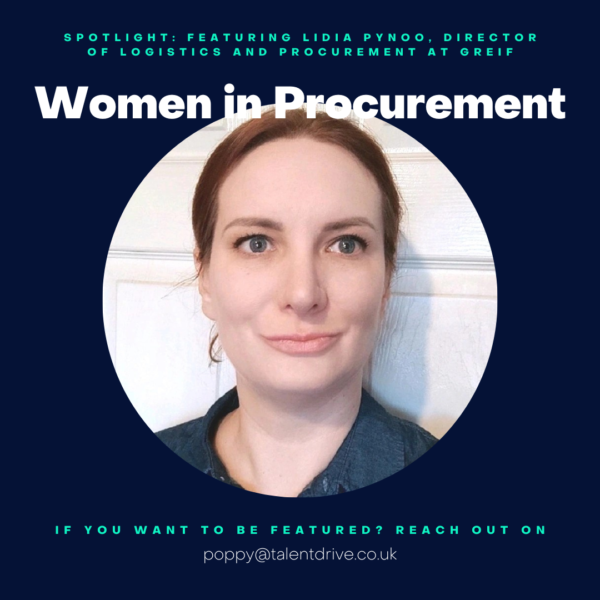In today’s fast-evolving commercial landscape, procurement has become more strategic than ever. Whether it’s managing supply chain risk, navigating cost pressures, or driving ESG initiatives, procurement teams are under more scrutiny to deliver real value. But when the need arises to bring in new talent, the big question for many businesses is whether to opt for a permanent hire or an interim solution. The right answer depends on your business priorities, timelines, and long-term goals.
A permanent procurement hire is typically the best choice when a business is looking to build long-term capability. For roles focused on supplier strategy, cost transformation, or category development, permanent professionals bring continuity and the opportunity to embed long-term value. For example, according to our 2025 Salary Guide, a Category Manager in London can expect a salary of £60,000 – £75,000, rising to £80,000+ for those with specialist experience in areas like indirects or technology. Hiring someone permanently at this level ensures you’re investing in someone who can grow with your organisation and help shape your strategic procurement direction.
On the other hand, interim procurement hires are ideal when time is of the essence or the role has a fixed endpoint. Whether you’re facing a major change programme, need maternity cover, or are about to undergo an ERP implementation, an experienced interim can step in and deliver immediate results. Interim professionals are often overqualified for the role they’re stepping into, meaning they require little hand-holding and can hit the ground running. Our guide shows that interim procurement managers typically charge between £400–£600 per day depending on complexity and location, while specialist programme managers or transformation experts can exceed £800 per day.
The decision also depends on budget flexibility and hiring timescales.
Permanent recruitment can take longer, especially for senior hires, and the upfront investment is higher when factoring in notice periods, onboarding, and long-term benefits. But if you’re looking to secure talent for succession planning or need someone to drive multi-year procurement strategies, the long-term return is usually worth it. In contrast, interim talent offers instant support with less commitment. You get access to highly experienced professionals who are often accustomed to managing high-pressure, change-driven environments.
Another key consideration is market conditions. In the current economic climate, with many businesses exercising caution over headcount but still needing to maintain delivery, interims offer the agility many procurement leaders are looking for. It’s no surprise that we’ve seen an uptick in interim demand in sectors like FMCG and logistics, where procurement resilience is under constant pressure.
Ultimately, there’s no one-size-fits-all answer. Some businesses find the best approach is a hybrid one – using interims to stabilise or transform a function, while recruiting permanent talent in parallel to ensure long-term continuity.
At Talent Drive, we work with businesses across the UK to assess their short and long-term talent needs. Whether you need a strategic permanent hire or an interim who can make an immediate impact, our specialist procurement recruitment team can help you make the right call for your organisation.
If you’d like to discuss your hiring plans please contact us on info@talentdrive.co.uk or download our Salary Guide here
For Candidates: Stability and Progression vs Variety and Flexibility
From a candidate perspective, permanent roles offer stability, a clear career path, and opportunities to embed within a company’s culture. Many professionals are drawn to the structure and progression that permanent employment can bring alongside benefits like pensions, paid leave, and professional development funding. It’s also a great option for those who value long-term projects, cross-functional collaboration, and the chance to grow a team.
That said, interim work offers something different and for many, incredibly valuable. Interim roles give candidates the chance to work on high-impact projects, gain exposure to multiple industries, and enjoy a level of independence not typically found in permanent roles. The higher day rates can be appealing, especially for seasoned professionals with niche expertise. But interims must manage their own finances, navigate gaps between contracts, and continuously network to secure their next opportunity.
Some professionals make the switch to interim later in their careers, once they’ve built a strong skillset and want greater control over how and where they work. Others move into it earlier, enjoying the fast pace and steep learning curve that comes with change-driven roles.
Making the Right Choice
Whether you’re an employer looking to build a high-performing procurement team or a professional considering your next career move, the key is clarity. What are your long-term goals? What kind of environment brings out your best? Do you need consistency or flexibility? Transformation or stability?
At Talent Drive, we support clients and candidates on both sides of this decision. From finding the right interim expert to step into a critical role, to securing a permanent hire who will shape your procurement function for the future — we’re here to help.


